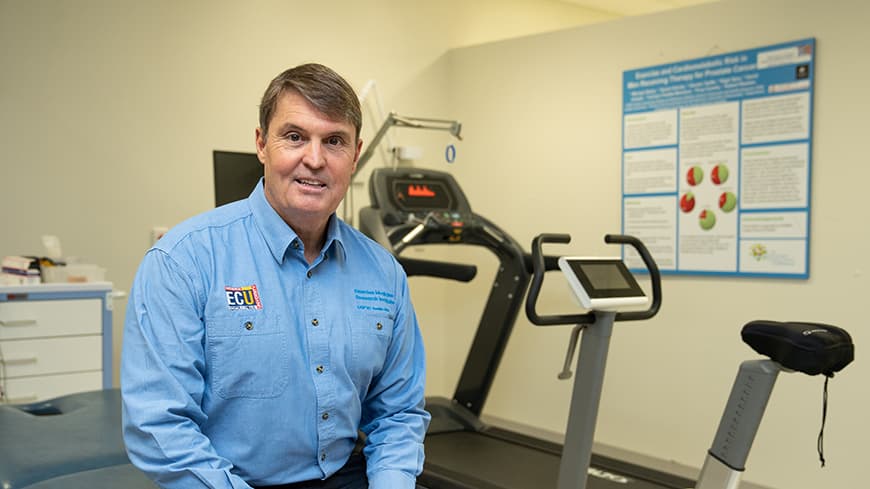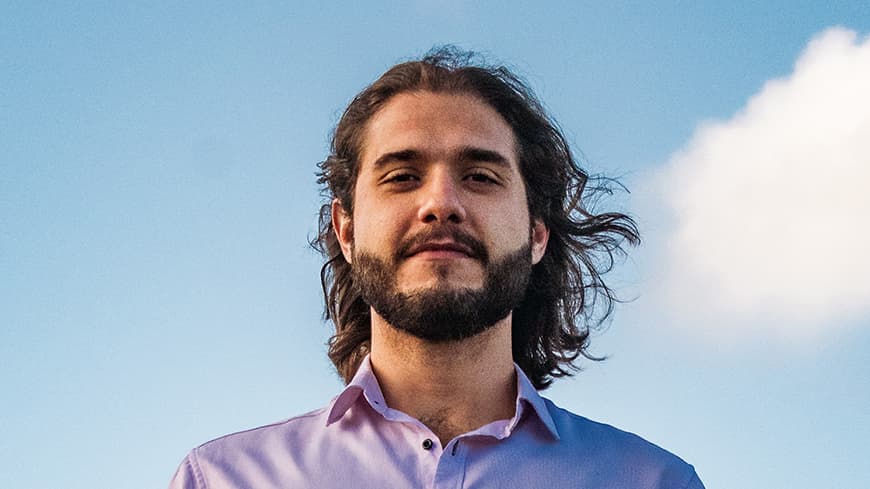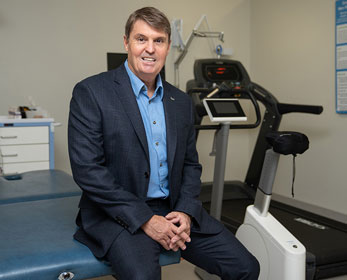Breast cancer is the most common form of the disease among women; in Australia, one in eight women will be diagnosed with breast cancer by the age of 85.
Radiotherapy has emerged as an important component of breast cancer treatment but can lead to cancer-related fatigue and negatively impact patients’ health-related quality of life including their emotional, physical and social wellbeing.
However, latest research by Edith Cowan University (ECU) has revealed exercise may make radiotherapy more tolerable for patients.
With the assistance of GensisCare and Dr Yvonne Zissiadis, ECU’s Exercise Medicine Research Institute included 89 women in the study, with 43 completing a home-based 12-week program, consisting of a weekly exercise regime of one to two resistance training sessions and an accumulated 30-40 minutes of aerobic exercise.
The remaining patients were a control group who did not participate in the exercise program.
Researchers found patients who exercised recovered from cancer-related fatigue quicker during and after radiotherapy compared to the control group and saw a significant increase in health-related quality of life post radiotherapy.
No adverse effects from the exercise were reported.

Study supervisor Professor Rob Newton said this showed home-based resistance and aerobic exercise during radiotherapy is safe, feasible and effective in accelerating recovery from cancer-related fatigue and improving health-related quality of life.
“A home-based protocol might be preferable for patients, as it is low-cost, does not require travel or in-person supervision and can be performed at a time and location of the patient’s choosing,” he said.
“These benefits may provide substantial comfort to patients.”
"The researchers acknowledge the support of GenesisCare, Dr Zissiadis and her team, the clinicians and patients who gave their time and effort to support this study."
Important changes
Australia’s current national guidelines for cancer patients recommend moderately intense aerobic exercise for 30 minutes per day, five days a week, or vigorously intense aerobic exercise for 20 minutes a day for three days a week.
They also call for 8–10 strength-training exercises with 8–12 repetitions per exercise, for two-to-three days per week.
However, study lead Dr Georgios Mavropalias said benefits were still observed with less exercise.
“The amount of exercise was aimed to increase progressively, with the ultimate target of participants meeting the national guideline for recommended exercise levels,” he said.
“However, the exercise programs were relative to the participants’ fitness capacity, and we found even much smaller dosages of exercise than those recommended in the national guidelines can have significant effects on cancer-related fatigue and health-related quality of living during and after radiotherapy.”

The study also found once participants began an exercise program, most stuck with it.
The exercise group reported significant improvements in mild, moderate and vigorous physical activity up to 12 months after the supervised exercise program finished.
“The exercise program in this study seems to have induced changes in the participants’ behaviour around physical activity,” Dr Mavropalias said.
“Thus, apart from the direct beneficial effects on reduction in cancer-related fatigue and improving health-related quality of life during radiotherapy, home-based exercise protocols might result in changes in the physical activity of participants that persist well after the end of the program.”
‘The effects of home-based exercise therapy for breast cancer-related fatigue induced by radical radiotherapy’ was published in Breast Cancer.
ECU authors involved in this study were Dr Georgios Mavropalias, Dr Carolyn McIntyre, Professor Daniel Galvao, Professor Dennis Taaffe, Christelle Schofield and Professor Rob Newton.
 Exercise can limit the impact of some side effects from radiotherapy.
Exercise can limit the impact of some side effects from radiotherapy.




